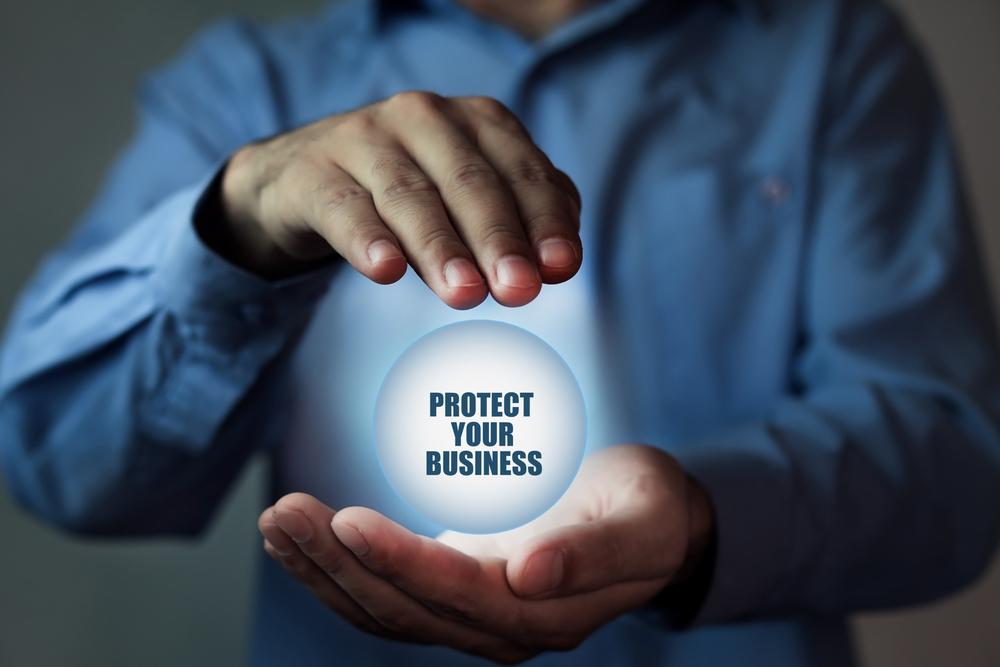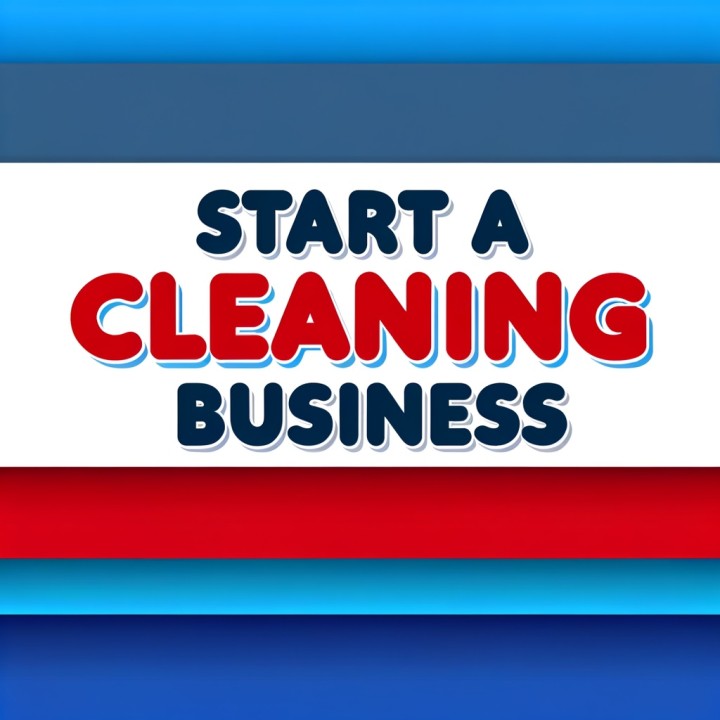
.One of the key factors that determines the success of any business hazard insurance venture is profitability, but a successful business is not just about making money – it is about making money while safeguarding the true interests, assets and operations of the business hazard insurance from unforeseen risks and gains. Hence, the second focus area, so to speak, is business hazard insurance. Whether you own a small business, have just set it up as a startup or have grown it into a large organization, this type of insurance is relevant for you as it helps you mitigate the risks posed to your investment.
This article will help you understand the concept of business hazard insurance and whether or not your business requires it, and how such coverage can prevent needless financial distress.
What Is Business Hazard Insurance?
Business hazard insurance covers damages to the tangible properties that are physically present within a business hazard insurance such as buildings, equipment and inventory from which a business hazard insurance operations and revenue generation activities are. These damages and losses are usually triggered by unpredictable occurrences such as fires, storms, thefts or vandalism. Think of it as a safety blanket that insulates from disruptive forces which should allow the business to continue functioning and recover.
For example, if a portion of your retail location is destroyed by fire or a hurricane causes flooding to a warehouse, hazard insurance will assist with the cost of the repairs or rebuilding processes needed for recovery. This coverage isn’t simply about restoring damaged buildings – it is vital for the business’s restoration.
Why Is It Important?
Any number of uncontrolled events could become catastrophic from a financial perspective without the appropriate insurance. Reconstruction after such events is difficult, if not impossible, without outside assistance. Hazard insurance is crucial in safeguarding the operational and asset lifeblood of your business.
One of the key scenarios where hazard insurance is indispensable includes but are not limited to:
The recovery process from damage to one’s premises or property due to fire, storms or water.
The replacement of equipment that had been vandalized, damaged or otherwise lost.
Meeting the criteria of lenders for those businesses dependent on loans for basic operations.
What Is Covered Under Business Hazard Insurance?
Several areas are protected by hazard insurance coverage. However, such insurances are one=s and only vary as per the policy and provider and it is important to know what is being offered. Below is a more detailed outline of coverage that falls under hazard insurance:
1. Risks Against Physical Property
Out of the most important coverage under hazard insurance, this is one of the self contained. It includes destruction of buildings, office premises, warehouses and insured property against loss caused by fires, floods and storms.
2. Tools and Stocks Outlay
In case your tools, implements or stocks suffer damages or are misplaced due to theft or other reasons, cost of repairs or replacements can be recovered through the hazard insurance covering all operations of the business.
3. Such Policies Cover Special Events Only
Some risks are unique to some industries or location, and therefore most policies will have special items provide for that industry. A good example would be that a restaurant may want more cover against possible damage to the kitchen when preparing the foods or a software company ensuring that their data servers are protected adequately.
Who Actually Does Require Business Hazard Insurance?
It is a common misconception that only large companies or certain sectors require Hazard insurance, in fact, if your business has any tangible assets or activities that put it at risk, then hazardous insurance is vital especially when looking to expand.
1. Small Businesses

After the unexpected event of disaster, small enterprises are at the highest risk of going bankrupt due to lack of resiliency.
From a coffee shop located on the corner of a street to a small jewelry store, these are all businesses that look for a hazard insurance so that an unforeseen circumstance does not come in and sabbatical all the efforts and years one has put in.
2. High Risk Startups
Startups, particularly those that pertain to the construction, transportation, or hospitality sectors, are believed to carry greater chances of an accident or some sort of physical damage. A hazard insurance policy can provide a safety net at their most economically sensitive years.
3. Businesses with Established Addresses
If a business owns or rents an office, then hazard insurance is important in order to ensure that the building is intact and protected from accidents, fire or weather bugs.
Benefits of Business Hazard Insurance
1. Financial Cover
Every business knows that there is a certain lack of control over some eminent emergencies that result in heavy losses in repairs or purchases. With the help of hazard insurance, most costs related to out of pocket expenses are reduced significantly. This in turn makes the process of recovery and regeneration far easier.
2. Less Worries
The fact that many damages could occur and there are solutions already in place for such situations allows business owners to work under calm conditions and concentrate on growing the business and servicing customers efficiently.
3. Insurance Requirements
It is common for most businesses especially when taking loans that have property aspects to them to get hazard insurance and many lenders have made it a requirement. Complying with these guidelines makes it possible to have smoother loan approval processes.
Key Considerations When Choosing a Policy
The appropriate insurance policy will properly advise a client on what they should do in order to be efficiently covered and not necessarily pay more than what is needed.
Here’s what you should bear in mind while buying a business hazard insurance.
1. Assess Your Coverage Needs
Identify how your business characteristics such as size and location shape the specific risks that you wish to be covered. For instance, windstorm coverage might be necessary for businesses that are found along hurricane belts.
2. Compare Providers and Premiums
When looking for an insurance provider, to get the best value for your money it would be wise to investigate the insurance companies in detail by checking on customer reviews, benefits offered and pricing.
3. Understand Exclusions and Limits
That being said, hazard insurance does not cover all happenings or incidents (for example, natural disasters such as floods and vandalism). So, take your time to read your policy to avoid disappointments later.
True Stories
Sometimes, the worth of hazard insurance can only be appreciated when actual cases are presented.
Case Study 1: A Bakery’s Comeback After a Fire
Let us say a bakery that received heavy damages due to a fire and this resulted to the loss of some equipment and part of the building. Owing to hazard insurance coverage, the firm was able to cover damage on the properties and purchase new equipment after three months of being closed.
Case Study 2: The Consequences of Lacking Coverage
In the same breath, think of a start-up organization that refused to take a hazard insurance in an attempt to minimize their expenses.
The company went out of business because it could not pay for repairs after the unanticipated flooding.
How do you initiate a claim under a hazard insurance policy?
A storm or any other natural calamity is usually the reason that triggers the need for hazard insurance for a business. If such circumstances arise, One must learn how to file a hazard claim in the right manner. The following procedures are necessary for a successful claims process:
Assess the Losses

Secure clear images and videos of the damaged equipment or affected properties. Record damages and if possible give descriptions and their approximated costs. The evidence is very timely concerning settlements because proper documentation assists the claims too.
Inform the Relevant Officials
Reach to the insurance provider as soon as reasonable after the event occurs. Time in communication, however, will have a prospective bearing on the granting of a claim. Tell them about the particulars of the events and their procedures for reporting.
Complete the Necessary Forms
Submit the claim form issued by your insurance company. Any documentation which becomes available should be attached to the claim when submitting together with relevant fields being marked.
Assist the Adjuster
Following a claim, the insurance company will likely dispatch an appraiser to the site to view the damage. Please do answer the adjuster’s questions and provide any additional information as necessary.
Evaluate and Settle
After the evaluation is done, the service provider would examine the claim and let you know the extent of cover that is the claim amount.
Unless otherwise stated, payments will be made as per recommendations for damages incurred and this will allow the expectations of repairs and replacements to be met.
Tips for Handling Hazard Insurance
As a business owner, it is important to have both the trust and knowledge behind the workings of your hazard insurance so that it doesn’t cause you and your business any unneeded problems. Here is how to ensure that does not happen:
Annual Policy Verification
Once a year, evaluate the plan to check if it is still appropriate for the organization. Growth in assets, relocation of plan, or expansion of the operations could lead to the necessity of policy amendments.
Combine Relevant Coverages
There are some packages that certain insurers have which comprise of hazard insurance and other essential policies that contain liability or even workers compensation insurance. Bundling frequently leads to decreased overall premiums.
Set Aside a Reserve
Insurance coverage pays for most of the losses sustained however as with most needs, there are out of pocket expenses that remain. Emergency funds are able to cover those expenses for instance the deductible or exclusions of the policy.
As long as you are educated and remain proactive, be assured that your eve business will be able to deals with future issues. Hazard insurance should not be seen as a mere formality because it offers your company security and continuity in terms of development.
Ways to Enhance Your Policy
When you have successfully selected a policy, these tips will ensure that you get the most from your policy.
1. Review and Reassess Your Policy Regularly
It is pretty obvious that as businesses do grow, so do their insurance requirements.
Reassess your policy from time to time to determine if it still adequately insures you.
2. Combine with Other Types of Insurance
There are many insurers who provide a discount when hazard cost is combined with other categories like liability insurance or even commercial car insurance.
3. Seek Assistance from a Professional Insurance Broker
A knowledgeable broker can balance your needs for cover and the costs effectively so that you will not be paying too much for all the cover that you desire.
Protect Your Business Today

No business is spared from disasters, however, with the business hazard insurance in place, you can be rest assured for anything that comes your way. Such coverage instills assurance through financial cover as well as knowing that one’s assets have the necessary protection.
Protect your business against unexpected events. Reach out to an insurance specialist now and secure a hazard insurance solution that best suits your circumstance. Do not let your hard earned work go to waste anytime soon.
Conclusion
In the harsh and ever-revolving setting of business, the presence of adequate cover against hazards should not be recommended but rather essential. It acts as an umbrella, ready to assist your business function normally for it can always overcome setbacks such as disasters, assets theft or damage.
A well-designed and appropriate policy for the business will always ensure asset protection, financial security, and peace of mind.
Do not allow unpleasant circumstances to threaten your investments. Instead of waiting for trouble to occur, make sure of your risks, select the right coverage and be ready for any obstinate situations that may come in your way. Today, investing in business hazard insurance is making an investment towards the future of your business.
FAQS
1. Do I need to purchase business hazard insurance by law?
This is not a legal requirement. But more often than not, lenders or landlords will ask for this insurance in order to offer you a lease or loan
2. Will hazard insurance protect me against my employees’ injuries?
Roundabout no. Workers compensation insurance is needed for injury claims.
3. What will a business hazard insurance policy cost me?
There are a number of factors that determine the costs such as the size, location, and the industry in which the business operates. Small businesses on average take about $500 to $1,000 per year
4. Can I use hazard insurance premiums as a tax relief for my business?
Yes, hazard insurance premiums can be tax deductible in most cases.



